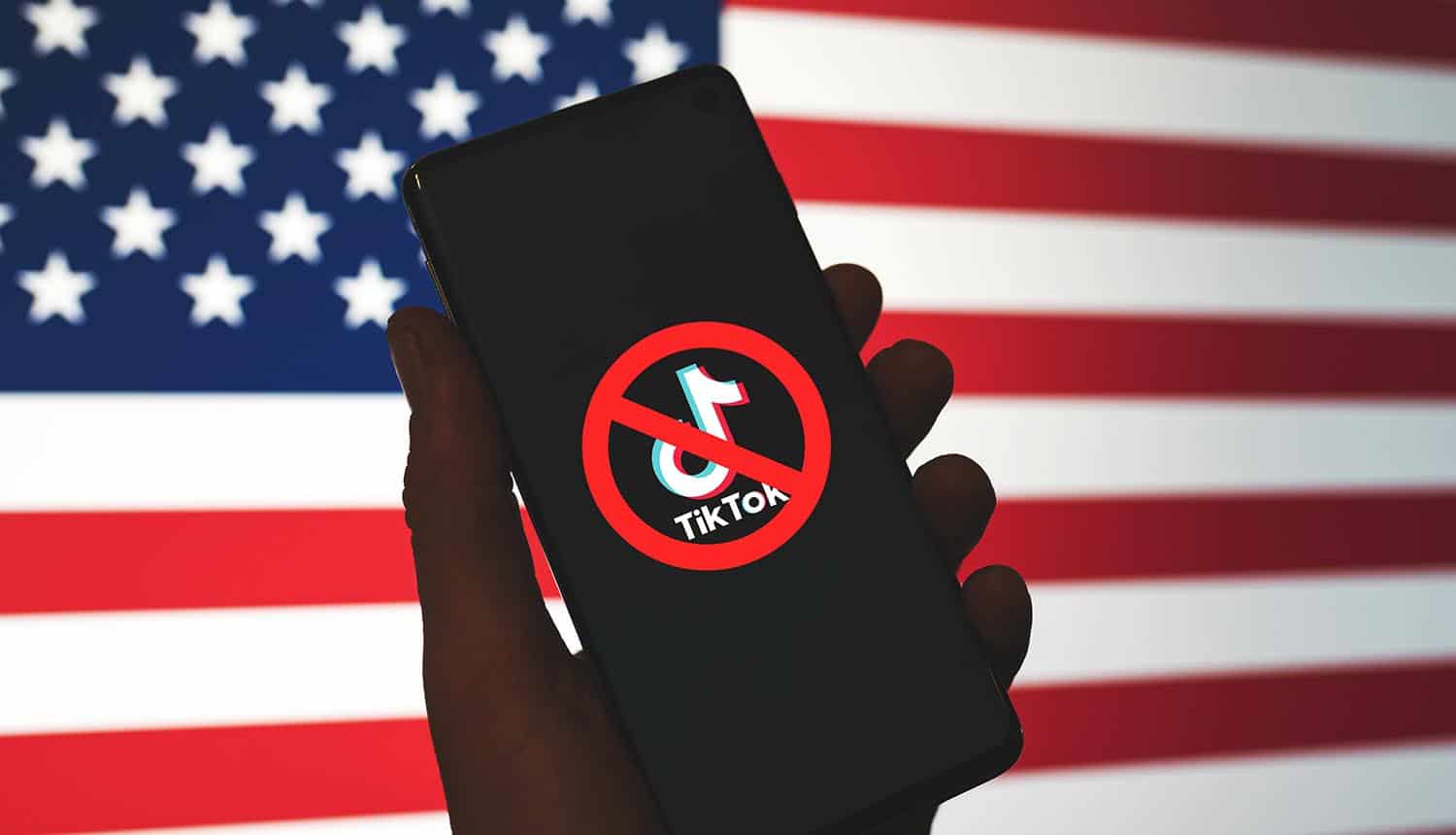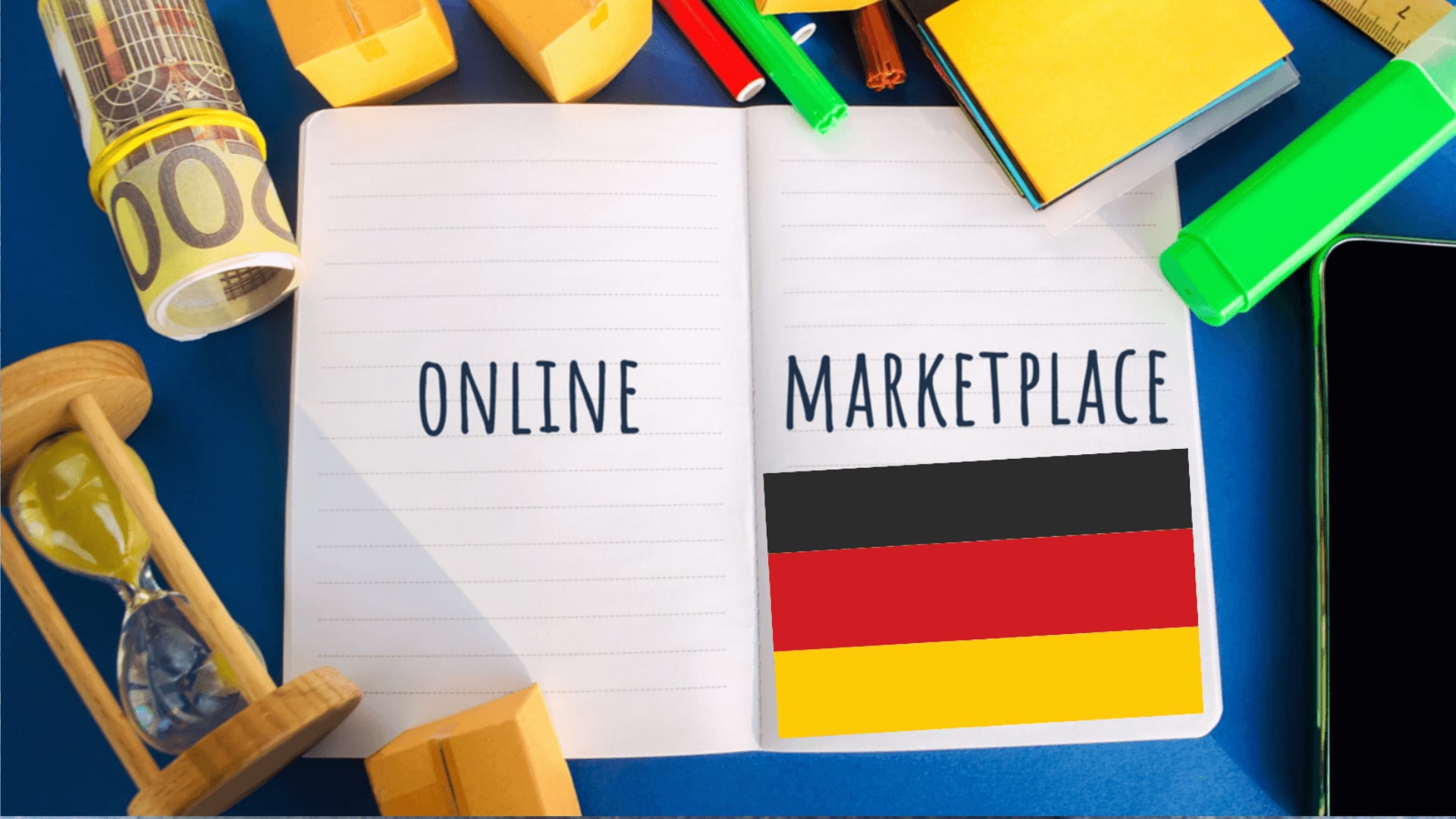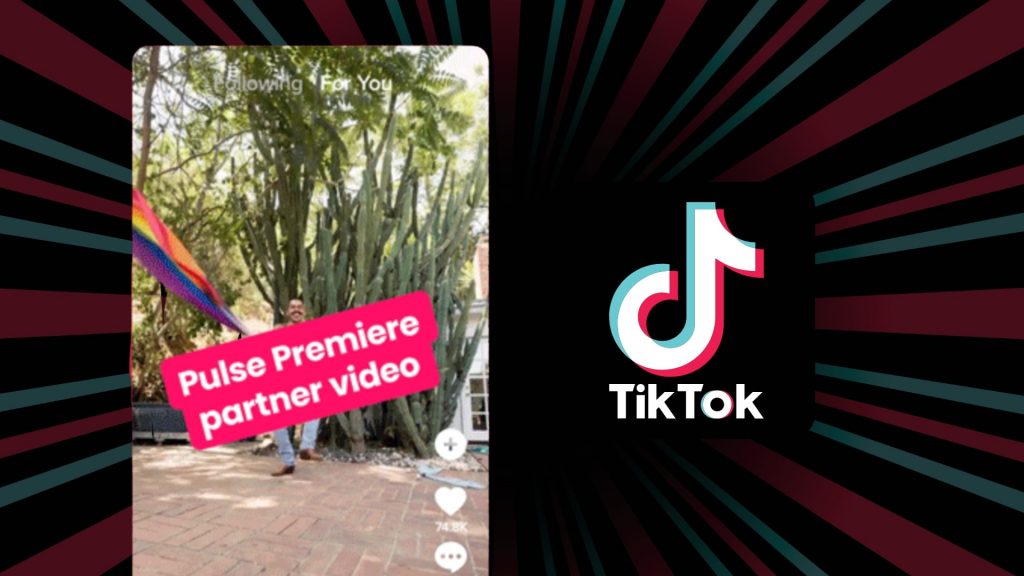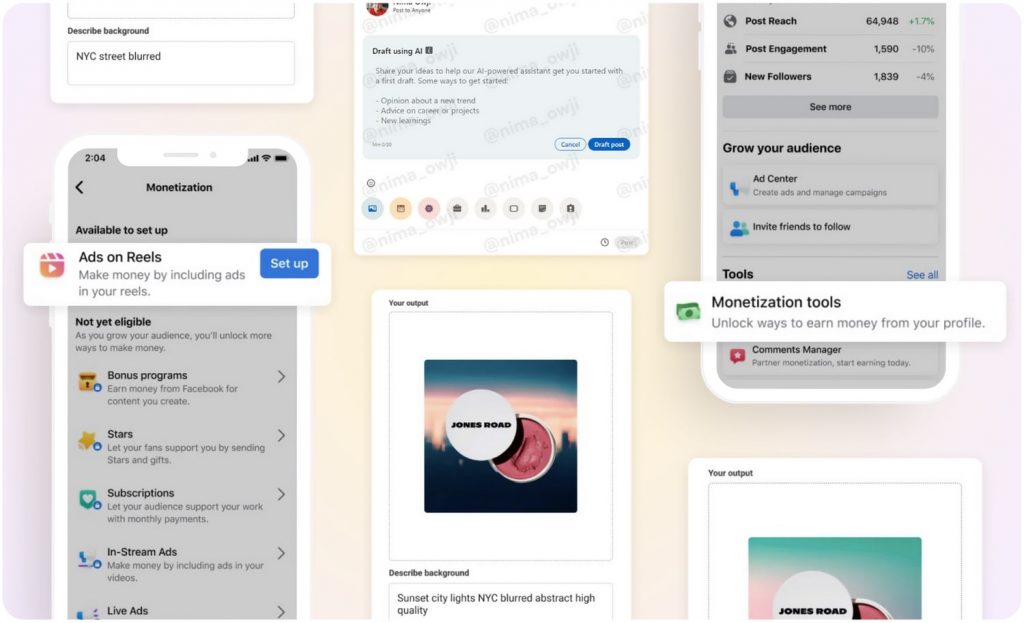Juphy’s Weekly E-Commerce News Express – 06-10 May 2024
Ceyda Duz
In this week’s e-commerce & AI news roundup, the potential TikTok ban sends waves through the industry, prompting retailers to diversify their social media strategies. Meanwhile, the German e-commerce market sees continued dominance by online marketplaces. News on the product front includes TikTok’s new ad offerings despite regulatory uncertainties, and ParcelLab’s integration with Shopify promises enhanced post-purchase experiences. Walmart partners with Roblox for virtual commerce, and Meta unveils AI-powered tools for Reels. Stay informed about retail, AI, and online shopping news and trends as the landscape evolves.

Retailers Brace for TikTok Ban Impact
The potential TikTok ban has not only concerned its user base but has also taken its turn at e-commerce retailers and their newly discovered social media sales strategies. With the conflict between TikTok and the U.S. federal government continuing, the issue is underlined by recent legal proceedings and presents significant implications for online businesses.
The impending ban arises from concerns over data privacy and national security, with lawmakers citing concerns regarding Chinese app ownership and potential data exploitation. Despite ongoing legal battles and an extended deadline for ByteDance to clear its U.S. operations, retailers are proactively preparing for potential disruptions to their TikTok-driven marketing and sales channels.

TikTok’s key role in e-commerce, particularly through its TikTok Shop and influencer network, has reshaped retail strategies, not only driving sales but also increasing product visibility and brand awareness. However, the threat of a ban has urged retailers to expand their social media presence across alternative platforms.
TikTok’s influence extends beyond entertainment, serving as a potent tool for brand discovery and consumer engagement, particularly among younger demographics. With TikTok Shop’s growing prominence in the U.S. market, retailers made the most of its
- Shoppable features and
- Influencer-driven content
to drive conversions and foster brand loyalty.

Nevertheless, the anticipation of a TikTok ban has caused e-commerce businesses to look for various alternatives to continue to sell their products through this powerful and popular way to sell and reach their target audience, such as
- Instagram Reels, and
- YouTube Shorts.
These platforms offer similar engagement opportunities and reach, providing a contingency plan for retailers reliant on TikTok for customer acquisition and brand promotion.

The potential TikTok ban not only poses a great challenge for many retailers but also highlights a positive aspect of retail: the adaptability of both consumers and businesses when it comes to online shopping. With this capability, retailers can pivot swiftly, leveraging their business models and diversified marketing strategies to manage the upcoming difficulties in the changing market dynamics and maintain brand relevance.
Ultimately, as discussions surrounding the TikTok ban continue, retailers remain vigilant, prepared to adapt their marketing approaches, and embrace emerging and alternative platforms to sustain growth and consumer engagement in the ever-changing digital ecosystem.
German E-Commerce Landscape in Review
In Germany, online marketplaces have solidified their dominance, accounting for over half of all online sales last year. This amounts to nearly €47 billion in revenue. 55% of these transactions occurred via smartphones, reflecting the increasing trend towards mobile commerce. However, the Handelsverband Deutschland (HDE) revised its initial estimate, now projecting online revenue of €85 billion for 2023, a 1% increase from the previous year.

HDE states that this is an industry shift towards normalization following the exceptional growth spurred by the pandemic. Notably, marketplace sales experienced a remarkable 10% increase, prompting renewed calls for stricter regulations to ensure fair competition, particularly concerning cheap marketplaces from China. Looking ahead, HDE anticipates a 3.4% growth in German e-commerce for the current year, with online sales projected to represent 13.1% of total retail.
TikTok Expands Ad Opportunities

TikTok, despite facing potential challenges in the U.S., is forging ahead with new premium ad offerings. The platform introduced expanded placement options for its native Pulse ad campaigns and introduced Pulse Custom Lineups, utilizing generative AI to tailor trending content to brands’ specific requirements. Additionally, TikTok welcomed Paramount Global and the NHL to its growing list of advertisers, showcasing its commitment to innovation and partnership despite regulatory uncertainties.
ParcelLab’s Shopify Integration
ParcelLab, a global platform for post-purchase customer experiences, has integrated with Shopify, offering enhanced functionality for merchants on the popular e-commerce platform. Through ParcelLab’s Order Tracking App for Shopify and its Engage product suite, Shopify merchants now benefit from automatic data exchange and instant integration capabilities. With this integration, Shopify merchants can create embedded tracking pages that include split shipments, returns information, and personalized content for specific customer segments. This enhances post-purchase experiences, adds value to customers, and optimizes e-commerce operations.

Walmart Ventures into Virtual Commerce

Walmart has started a new venture by leveraging the virtual world of Roblox to sell physical goods. Through the “Walmart Discovered” virtual experience launched in 2023, users can now browse and purchase real-life items directly from Walmart within the Roblox platform. The experience features a virtual storefront showcasing select physical items from Walmart stores, allowing players to seamlessly transition to an e-commerce window within Roblox to complete their purchases. This approach opens new avenues for retail engagement and blurs the lines between virtual and physical shopping experiences.
Meta Unveils AI-Powered Ad Tools for Reels
Meta has rolled out new AI-powered tools to enhance advertising capabilities on its Reels platform. In a bid to streamline the process of connecting creators with brands for campaigns, Meta has introduced personalized creator recommendations using machine learning within Instagram’s Creator Marketplace. Using AI-driven software, Meta aims to increase the engagement of Reel ads, making them more dynamic and appealing to viewers. Advertisers can now add external links to Reminder ads on Reels, facilitating seamless purchasing. Meta is committed to empowering brands to maximize their impact.

Revolutionized Shopping Experiences with Juphy AI
In the constantly changing world of e-commerce and social commerce, it’s crucial to stand out by offering unique and personalized shopping experiences with high engagement. And with Juphy AI, it’s a piece of cake! With just a few clicks, you can integrate Juphy’s AI Agent into your Shopify store, turning your Shopify store into a heaven of personalized product recommendations and 24/7 instant customer support. Every visitor to your store will feel valued, fostering loyalty and satisfaction.
But that’s not all. You can expand this special experience to your Instagram followers by connecting Juphy’s AI Agent to your account and letting your AI Agent handle your DMs with the same efficiency as your website, effortlessly guiding 70% of potential customers to your Shopify store. Juphy AI is the all-in-one solution designed specifically for Shopify stores that makes every Shopify store flourish – day or night.
Take Juphy AI for a spin today: apps.shopify.com/juphy

Key Takeaways
Retailers Brace for TikTok Ban Impact: Uncertainty looms over e-commerce retailers as the potential TikTok ban threatens to disrupt marketing and sales strategies, prompting proactive measures and exploration of alternative platforms.
German E-Commerce Landscape in Review: Online marketplaces dominate the German e-commerce scene, comprising over half of all online sales, with mobile commerce witnessing significant growth.
TikTok Expands Ad Opportunities: Despite regulatory uncertainties, TikTok introduces new premium ad offerings and expanded placement options, showcasing its commitment to innovation and partnership in the face of potential challenges.
ParcelLab’s Shopify Integration: ParcelLab integrates with Shopify, providing enhanced post-purchase experiences for merchants through automatic data exchange, personalized content, and more.
Walmart Ventures into Virtual Commerce: Walmart pioneers virtual commerce by collaborating with Roblox, enabling users to browse and purchase physical items within the virtual world, blurring the lines between virtual and physical shopping experiences.
Meta Unveils AI-Powered Ad Tools: Meta introduces AI-powered tools to enhance advertising on its Reels platform, including personalized creator recommendations and external links in Reminder ads.

